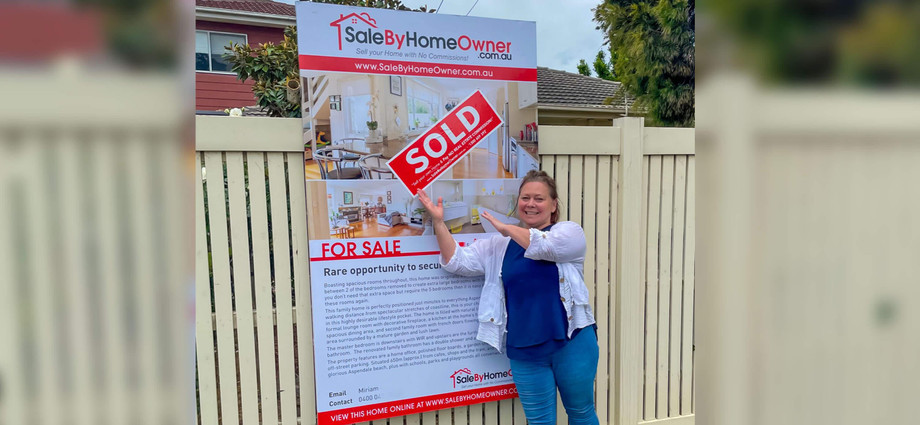Selling your own house can be a rewarding experience, but it also comes with a number of legal requirements that you must fulfill to ensure a smooth and successful transaction. When you choose to sell your property without a real estate agent, understanding the legal steps involved is crucial. In this article, we’ll guide you through the essential legal requirements to consider and how Sale by Home Owner Australia can help you navigate the process of selling your own house.
1. Obtain a Contract of Sale
The first legal document you’ll need when you decide how to sell your own house is the Contract of Sale. This legally binding document outlines the terms and conditions of the sale, including the purchase price, settlement date, and any special conditions. It’s vital to have a legally sound Contract of Sale to ensure the transaction goes through smoothly.
At Sale by Home Owner Australia, we provide guidance on drafting and reviewing the Contract of Sale, making sure that all necessary information is included and that the document complies with local regulations. You may also wish to consult a solicitor to ensure that your contract is properly prepared.
2. Provide a Vendor Disclosure Statement
When selling your own house, you are required by law to provide potential buyers with a Vendor Disclosure Statement, also known as a Section 32 statement in some areas. This document discloses important information about the property, including any known issues or encumbrances, such as mortgages, easements, or zoning restrictions.
It is essential to be transparent and honest in your Vendor Disclosure Statement to avoid any future legal disputes. Sale by Home Owner Australia can help you understand what needs to be included and assist you in preparing this document to ensure you meet your legal obligations.
3. Ensure Compliance with Local Building Codes
Another key legal requirement when selling a property is ensuring that your home complies with local building codes and regulations. This is particularly important if you’ve made any renovations or additions to the property. Buyers will want to know that any changes made to the home meet the necessary legal standards.
Before listing your property for sale, it’s important to check whether you have the required permits for any renovations. If you don’t have the proper documentation, it could delay the sale or even result in penalties. Sale by Home Owner Australia can help you identify any compliance issues and ensure you have the correct paperwork in place.
4. Settle Outstanding Fees and Liabilities
Before selling your home, it’s important to settle any outstanding fees or liabilities associated with the property. This can include unpaid utility bills, land tax, council rates, or body corporate fees. You may also need to ensure that any mortgage on the property is fully paid off, so the buyer can take ownership without encumbrances.
Sale by Home Owner Australia can provide you with advice on how to calculate and settle these outstanding costs. Ensuring all fees are paid before settlement will help prevent any complications during the sale process.
5. Transfer of Title and Settlement
Once you’ve agreed on a sale price and all legal documents are in place, the next step is transferring the title of the property to the buyer. This process is typically handled by a solicitor or conveyancer, who will ensure the title is legally transferred. They will also help with the settlement process, which is the final exchange of funds and ownership.
Working with a solicitor or conveyancer can help you ensure that all legal formalities are properly completed, allowing the transfer of title to go smoothly. Sale by Home Owner Australia can connect you with trusted professionals to help with this final step.
6. Paying Capital Gains Tax (If Applicable)
If the property you’re selling is an investment property, you may be required to pay capital gains tax (CGT) on any profits you make from the sale. This tax is based on the increase in the property's value since you acquired it. Understanding your tax obligations is an important part of the legal process when selling your own house.
Consulting with an accountant or tax professional can help you determine if CGT applies and how much you’ll need to pay. Sale by Home Owner Australia can assist by providing resources and connecting you with experts to help you navigate this area.
Conclusion
When learning how to sell your own house, understanding the legal requirements is crucial for a smooth transaction. From drafting a Contract of Sale to ensuring compliance with building codes and settling outstanding liabilities, each step plays an important role in the process. With the support of Sale by Home Owner Australia, you can confidently fulfill your legal obligations, ensuring a successful and stress-free sale.










